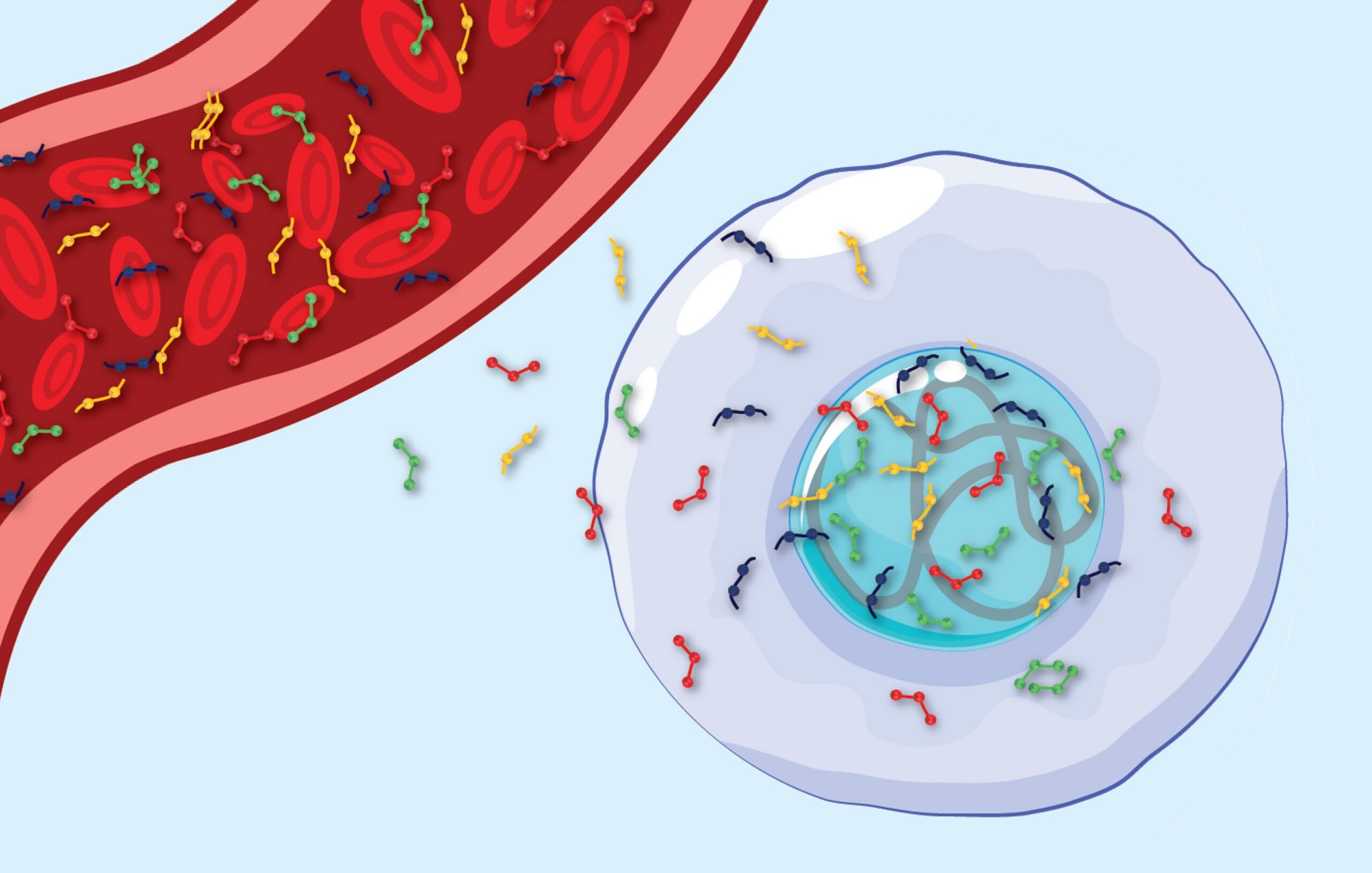Unlike virtually every other country in the world, the United States uses popular elections to select or retain many judges. This practice has long been controversial, often due to the tension between independence and accountability. However, there are many other issues that this system raises, such as informed voting. Research shows that many people who cast ballots for top-of-ticket political offices, such as president and governor, fail to vote in judicial elections – even though they are included lower down on the same ballot. This phenomenon is called ‘roll-off’. Read More
One common explanation for this is that voters simply lack sufficient information to make a choice between judicial candidates. Roll-off tends to be much lower for ‘partisan’ ballots, where judicial candidates declare which party they belong to. No party affiliation is indicated for judicial candidates on either non-partisan judicial ballots or judicial retention ballots, which decide whether a judge should be retained on the bench.
However, Professor Herbert Kritzer hypothesizes that this effect might be explained by another factor. He says that some states employ a straight-ticket voting option for partisan offices such as President or Governor. This option allows voters to check one box or pull one lever to cast a vote for all candidates from the same political party, without having to indicate individual choices for each office.
In a recent paper, he asks whether the straight-ticket voting option has more impact on roll-off than the inclusion of party affiliations. He tests the hypothesis that this option decreases roll-off with partisan ballots but increases roll-off for non-partisan and retention ballots. He also hypothesizes that these effects are stronger for elections to lower-level courts.
Professor Kritzer analyzed data from state supreme court elections between 1946 and 2014, intermediate appellate court elections between 2000 and 2007, and a sample of urban trial court elections between 2002 and 2008.
He found that the straight-ticket voting option had no statistically discernible impact in partisan elections, but it did significantly increase roll-off in nonpartisan and retention elections. The effect of the straight-ticket voting option declined over the study period, and had effectively disappeared by the end of the study.
Furthermore, taking into account the presence of a straight-ticket option was not particularly helpful in predicting roll-off in lower court elections.
Overall, his research suggests that the presence of partisan labels on the ballot decreases roll-off substantially in judicial elections regardless of whether the ballot includes a straight-ticket voting option.
This is corroborated by a recent update to this research conducted after changes in its use in North Carolina and Texas. This strengthens the long-held understanding that including party affiliations on ballots improves meaningful participation in judicial elections, but that there is not a statistically significant impact of having a straight-ticket option in partisan state supreme court elections.







